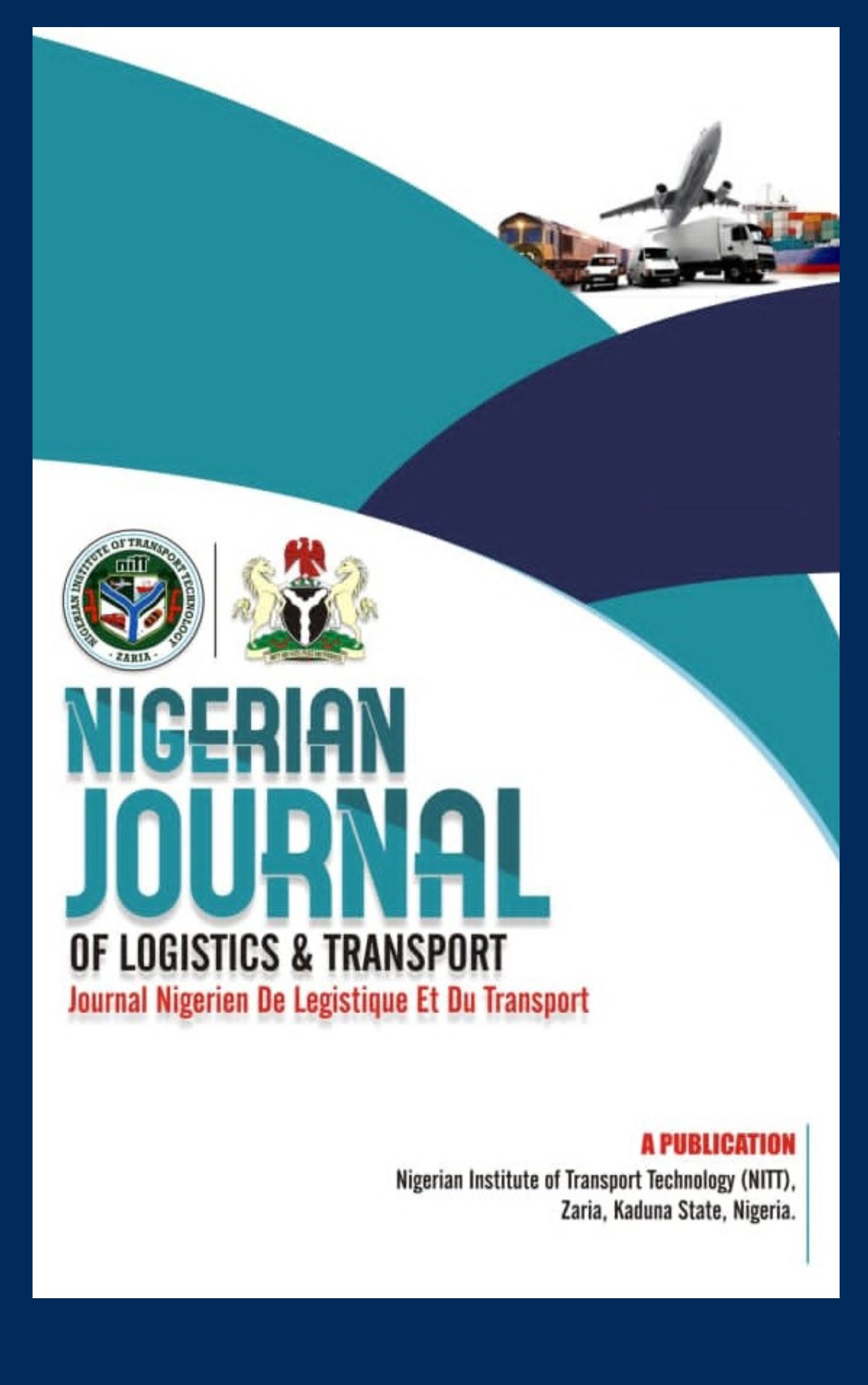Abstract
This paper examines leveraging technology for enhanced road transportation by presenting a
comprehensive review of recent innovations and their applicability and implications. This paper
investigates the role of advanced technologies in enhancing road transportation systems, focusing
on Intelligent Transportation Systems (ITS) in the Nigerian context. This paper uses secondary
research to analyse recent works in the literature, government documents and industry journals
through a literature review to establish recent developments, challenges and prospects in the field.
The study confirms that Intelligent Transportation Systems (ITS) have transformed the transport
system around the world but Nigeria’s transport system lags behind because of inadequate
infrastructures, lack of coherent policies, and inadequate finances. ITS-related developments such
as smart traffic light, smart traffic control, intelligent traffic surveillance, and IoT-based road
assessment have enhanced traffic congestion, security and environmental conservation throughout
the world. Intelligent Transportation Systems (ITS) have built on the advantages of road transport
by reducing congestion and pollution as well as increasing mobility. Conversely, Nigeria is not
optimally employing these technologies due to high transport-related emission rates and a
relatively poor infrastructure base. The study shows that these barriers can be avoided by
appropriate investments, development of public-private partnerships, and changes in legislation
in Nigeria. Based on the findings of the paper, Intelligent Transportation Systems (ITS) are radical
solutions for ameliorating Nigeria’s transportation problems in the realms of safety, congestion,
and environment. The main recommendations are: to create consistent policies, mobilize
stakeholders, and introduce the digital environment in order to have a proper and stable transport
system.



 National Library of Nigeria
National Library of Nigeria.jpg) Association of Nigerian Authors
Association of Nigerian Authors Nigerian Library Association
Nigerian Library Association EagleScan
EagleScan Crossref
Crossref